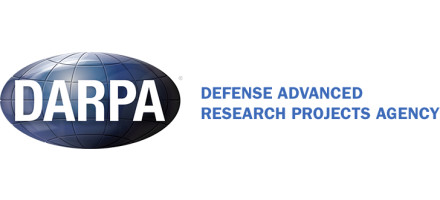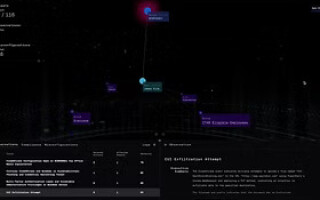Knowledge-management search launched by DARPA aims to avoid continuity gaps
NewsJune 22, 2021

ARLINGTON, Va. The Defense Advanced Research Projects Agency (DARPA) has launched a project it calls the Knowledge Management at Scale and Speed (KMASS) program, which is intended to research, develop, integrate, evaluate, and demonstrate underlying technology that enables effective use of documented knowledge, acquisition of new knowledge as part of regular workflows, and application of useful knowledge when and where it is required.
According to the DARPA announcement, one of the major challenges faced by the U.S. military is that of ensuring efficient and effective knowledge handover during personnel transitions; it is true that the U.S. military's members change duty stations every few years and deploy to different spots regularly. At present, say DARPA officials, the transfer of key organizational task information and understanding of unique local issues occurs largely on an ad hoc basis: onboarding briefings, right-seat/left-seat rides, conversations, knowledge management (KM) databases, lessons-learned reports, turnover folders, emails, and even handwritten notes – all of which require time-consuming manual collection, maintenance, and dissemination that are prone to gaps.
“Capturing knowledge, along with its context as it is created, currently requires a dedicated effort on the part of the person performing the task that often does not happen,” said Ted Senator, KMASS program manager in DARPA’s Defense Sciences Office. “Even if knowledge is captured, applying stored knowledge requires a user to know that it exists, where it exists, when it is needed and relevant, how to retrieve it, and how to locate the specifics in what typically is a multipage document or several-minute-long video or audio file. Applying stored knowledge with existing KM systems and information transfer methods may not always be possible given time constraints.”
KMASS seeks to advance three key complementary areas: organizing background knowledge, capturing local knowledge, and disseminating contextualized knowledge usefully, appropriately, and on time.
Technology developed under KMASS could enable a future KM system that would update information automatically and push it to newly arrived personnel when and ad needed. DARPA is holding a Proposers Day webinar for potential proposers is scheduled for on July 7, 2021. Click here for details.





